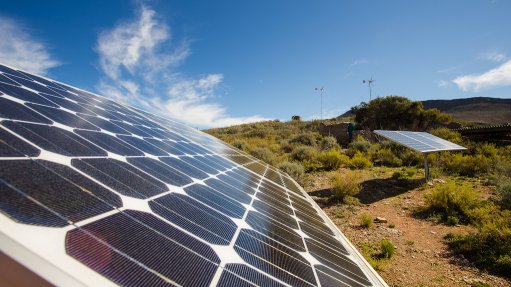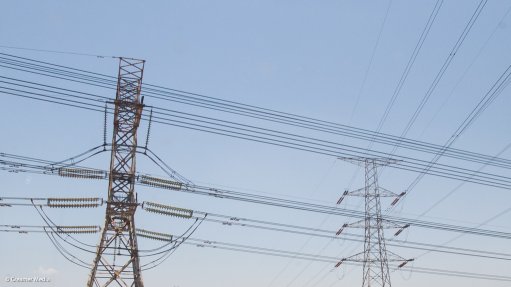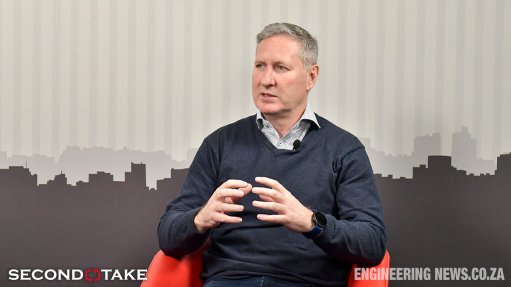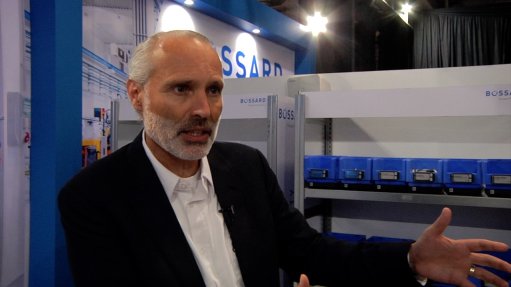The role of citizen science projects in protecting South Africa’s marine protected areas (MPAs)
This article has been supplied and will be available for a limited time only on this website.
As the world celebrates Marine Protected Areas (MPA) Day on 01 August, South Africa stands at the forefront of ocean conservation, with 41 MPAs, almost a 14-fold increase since 2019. Yet according to experiential design company, formula D_, true conservation should extend beyond demarcation; it should thrive on active citizen engagement. Through their work with some of the world’s leading aquariums and conservation organisations, citizen science is emerging as a powerful tool, transforming everyday individuals into vital protectors of our marine biodiversity.
"Citizen science projects engage members of the public to actively participate in scientific research, often by collecting and analysing data, contributing to a broader understanding of an environmental issue," shares Mike Bruton, a science education expert at formula D_ “These initiatives are crucial, especially considering that despite South Africa's impressive MPA network, public awareness of these vital marine sanctuaries was historically low.”
MPA Day, launched by the Two Oceans Aquarium on August 1st, 2021, directly addresses this gap, aiming to cultivate widespread support and on-the-ground action. This global observance, now celebrated in nearly 30 countries, highlights the growing recognition of the public's indispensable role in marine conservation.
South Africa's vision for Ocean Health.
“South Africa has made incredible strides in declaring new MPAs, moving from 0.3% to 5.4% protection. Our legislation is robust; you can’t trawl in any of our MPAs, which isn’t always the case internationally,” highlights Dr. Judy Mann-Lang, Executive Strategic Projects at the Two Oceans Aquarium Foundation. “While the recent United Nations Ocean Conference (UNOC) emphasized the global imperative for ocean protection and the ratification of the High Seas Treaty, South Africa’s proactive stance has already set a high standard.”
“South Africa’s coastal MPA’s should be viewed as living classrooms, however, we also need to focus on the majority of South Africa’s MPA’s which are offshore and remain out of sight for the general public,” adds Bruton. This is where experiential design becomes indispensable. Interactive and immersive visitor centres, like aquariums, can bring these distant, unseen environments closer to people. The experience can make complex marine science accessible and inspire direct involvement in citizen science projects, effectively turning passive observers into active participants. This approach is key to fostering a deeper understanding and appreciation for these remote yet critical ecosystems.”
The Turtle Conservation Centre: A living example of Citizen Science in action
A compelling testament to the synergy between citizen science and experiential design is the Two Oceans Aquarium's Turtle Conservation Centre. This centre, one of the leading facilities for turtle rehabilitation in the southern hemisphere, is supported by a robust network of citizen scientists, referred to as the Turtle Rescue Network.
The Turtle Rescue Network was established to connect like-minded people and organisations along the Western Cape coastline with the purpose of rescuing stranded turtles as efficiently and safely as possible. The Turtle Rescue Network Points are the incredible organisations and community groups trained to facilitate efficient and safe turtle rescues. Many members of the Turtle Rescue Network provide temporary holding spaces for stranded turtles, from where the Two Oceans Aquarium arranges their transport to the safety of the Turtle Conservation Centre. Through the rehabilitation effort, the aquarium has been able to achieve an impressive 85% successful release rate back into the ocean.
“Projects like The Turtle Rescue Network have sparked a promising growth in citizen engagement towards ocean conservation and marine protection. It is through citizen science projects that the Aquarium uncovers the primary threats facing the marine environment,” shares Mann-Lang. “The threat that has been made concerningly visible is the extent of plastic pollution. Plastics are found in the majority of turtles rescued by the Turtle Rescue Network and the Turtle Conservation Centre. This MPA Day we are encouraging citizens to get involved in beach clean-up events, like the Trash Bash that will be hosted at Sunset Beach (Milnerton), Sunrise Beach (Muizenberg), and at Lagoon Beach.”
The redesign of the Turtle Conservation Centre, a collaborative effort with formula D_, aims to transform this behind-the-scenes work into a powerful public experience. “We believe that design can act as a bridge between data and emotion, using tools like immersive storytelling to help people not just learn about the ocean, but care deeply about it. This ensures that every visitor leaves feeling empowered and inspired to contribute to conservation efforts,” shares Bruton.
Every Citizen's Role in Ocean Conservation
Citizen science is a growing global movement that conservation organizations and visitor centres should embrace. The rising tide of informed and engaged citizens, nurtured by accessible scientific knowledge and powerful experiential learning, is fundamental for securing a healthy ocean. While environmental challenges can seem overwhelming, every individual's contribution, when amplified by a passionate community, creates significant and lasting positive change for the future of our marine world.
Comments
Press Office
Announcements
What's On
Subscribe to improve your user experience...
Option 1 (equivalent of R125 a month):
Receive a weekly copy of Creamer Media's Engineering News & Mining Weekly magazine
(print copy for those in South Africa and e-magazine for those outside of South Africa)
Receive daily email newsletters
Access to full search results
Access archive of magazine back copies
Access to Projects in Progress
Access to ONE Research Report of your choice in PDF format
Option 2 (equivalent of R375 a month):
All benefits from Option 1
PLUS
Access to Creamer Media's Research Channel Africa for ALL Research Reports, in PDF format, on various industrial and mining sectors
including Electricity; Water; Energy Transition; Hydrogen; Roads, Rail and Ports; Coal; Gold; Platinum; Battery Metals; etc.
Already a subscriber?
Forgotten your password?
Receive weekly copy of Creamer Media's Engineering News & Mining Weekly magazine (print copy for those in South Africa and e-magazine for those outside of South Africa)
➕
Recieve daily email newsletters
➕
Access to full search results
➕
Access archive of magazine back copies
➕
Access to Projects in Progress
➕
Access to ONE Research Report of your choice in PDF format
RESEARCH CHANNEL AFRICA
R4500 (equivalent of R375 a month)
SUBSCRIBEAll benefits from Option 1
➕
Access to Creamer Media's Research Channel Africa for ALL Research Reports on various industrial and mining sectors, in PDF format, including on:
Electricity
➕
Water
➕
Energy Transition
➕
Hydrogen
➕
Roads, Rail and Ports
➕
Coal
➕
Gold
➕
Platinum
➕
Battery Metals
➕
etc.
Receive all benefits from Option 1 or Option 2 delivered to numerous people at your company
➕
Multiple User names and Passwords for simultaneous log-ins
➕
Intranet integration access to all in your organisation


















